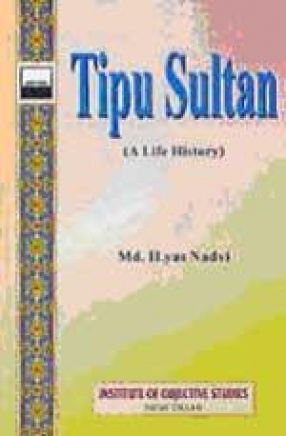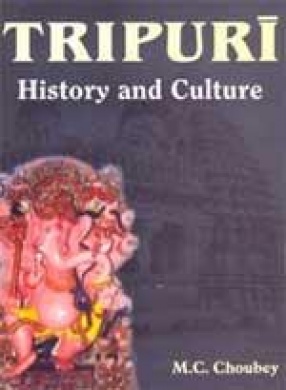The 18 the century represents a watershed in the annals of Muslim civilization. The trend of Europe’s emergence as the world leaders and colonial masters had begun to settle in firmly. Conversely, the world of Islam was clearly seen as being on retreat. There are quite a few facts about Tipu Sultan that are fairly well established. His statesmanship, for instance. Or, his military sagacity. His diplomatic skills (with which he played the French against the British), his flair for adopting new technologies and his concern for people under his rule are quite obvious. These questions don’t seem to disturb most historiographers at all. Hindus generally don’t take him as a bigot, and he was possibly not one. The London-based Tipu aficionado, Advani, may not be a historian as such, but remains a respected, knowledgeable student of Tipu’s history by any reckoning. He forcefully refutes the charge that Tipu was anti-Hindu. That the sultan’s family tradition was one of respect for all religions is also borne by the famous synagogue in Mumbai built by Tipu’s mother. Israeli leaders and other Jews from all over the world pray there on their visit to the city. Tipu Sultan was a hero whose struggles on three fronts-against the Nizam of Hyderabad, against the Marathas, and against the British colonisers-have been recorded rather accurately. Maulana Ilyas Nadvi’s present work is fairly comprehensive and has its own merits. Our decision to publish the English translation of the original work in Urdu was made with these merits in view. Another point that we had in mind was that the English translation would encourage further research involving current methodologies, present level of historical discourse, and recourse to original sources. The hero deserves such academic attention.
Burial Practices in Ancient India
$48.60
$54.00




There are no reviews yet.